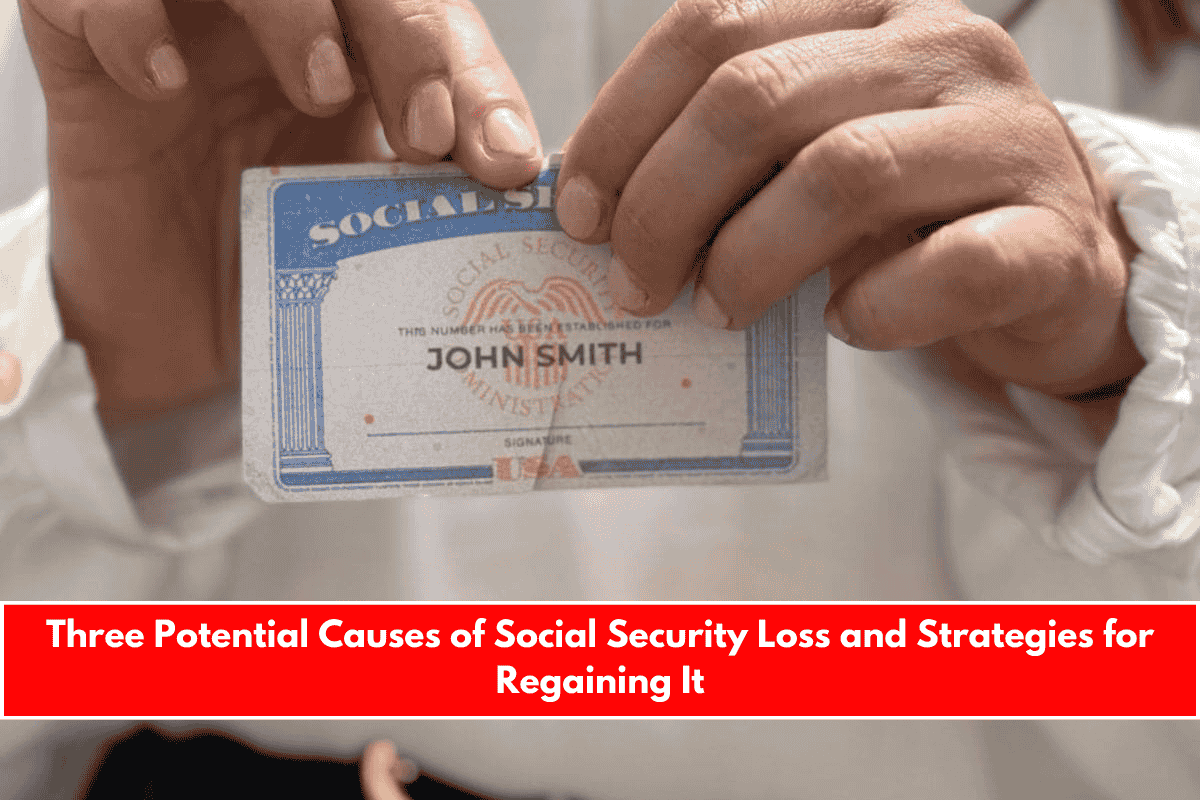For millions of people in the United States, Social Security is a trusted monthly income that helps cover essential needs like rent, groceries, and medicines. It is especially important for retirees and people with disabilities who depend on this money to live. But sometimes, this regular payment can suddenly stop—leaving many confused and worried.
If you or someone you know depends on Social Security, it’s important to know what can cause these payments to stop, how to prevent it, and what to do if it happens. Let’s look at the main reasons why these payments may be interrupted, and how you can get them restarted.
Common Reasons Why Social Security Payments Stop
While it doesn’t happen often, there are certain situations that can lead to a temporary or permanent stop in your Social Security payments. Here are the three most common reasons:
1. Changes in Immigration Status
If you are a non-citizen living in the U.S., your immigration status must stay legal to keep receiving Social Security benefits. If your residency permit expires, or if there is any change in your status that the government does not accept, your payments could stop. This is because Social Security is closely linked to your legal status in the country.
2. Income From Work (For Disability Beneficiaries)
If you are getting Social Security Disability Insurance (SSDI), there are limits on how much income you can earn from work. If you start working and earn too much without informing the Social Security Administration (SSA), they may think you are no longer eligible. This could lead to your payments being stopped, especially if your medical condition is also reviewed and considered improved.
3. Failure to Update Personal Information
The SSA needs your personal details to be correct and current. If you move to a new address, change your marital status, or get a new income source, you must update your information. If you don’t, the SSA may pause your payments until everything is verified and corrected. This is one of the most common and avoidable issues.

How to Get Your Social Security Payments Back
If your Social Security payments have stopped, don’t panic. You can get them restarted, but you must act quickly. The first step is always to contact the Social Security Administration and ask for the reason behind the suspension.
If the Issue Is Immigration Status
You will need to renew your legal documents and prove that your immigration status is valid. Once approved, the SSA can start your payments again.
If You Are a Disability Beneficiary
You may need to go through a medical review or show that your earnings are still within the allowed limit. The SSA also offers a program called “Ticket to Work“, which helps people with disabilities return to work slowly, without immediately losing their benefits.
If It’s Due to Missing or Wrong Information
Just update your details—like your address or income—either through the SSA website, by phone, or by visiting your local Social Security office. Once corrected, your payments are usually restored quickly.
Can You Get Back Payments?
Yes. If your payments stopped but you were not properly notified, you can ask the SSA to pay you the missing months once your case is reactivated. It’s always best to stay in touch with SSA and keep your records up to date, so you don’t miss out on important money.
Social Security is a vital monthly support for many people in the U.S., but certain issues can lead to delays or even complete stops in payments. The most common causes are immigration problems, unreported income for disability recipients, and not updating personal information.
Fortunately, there are clear ways to fix these issues and get your payments back. The key is to act fast, contact the SSA, and make sure all your details are correct. This way, you can avoid gaps in your income and continue receiving the support you depend on.











Leave a Reply